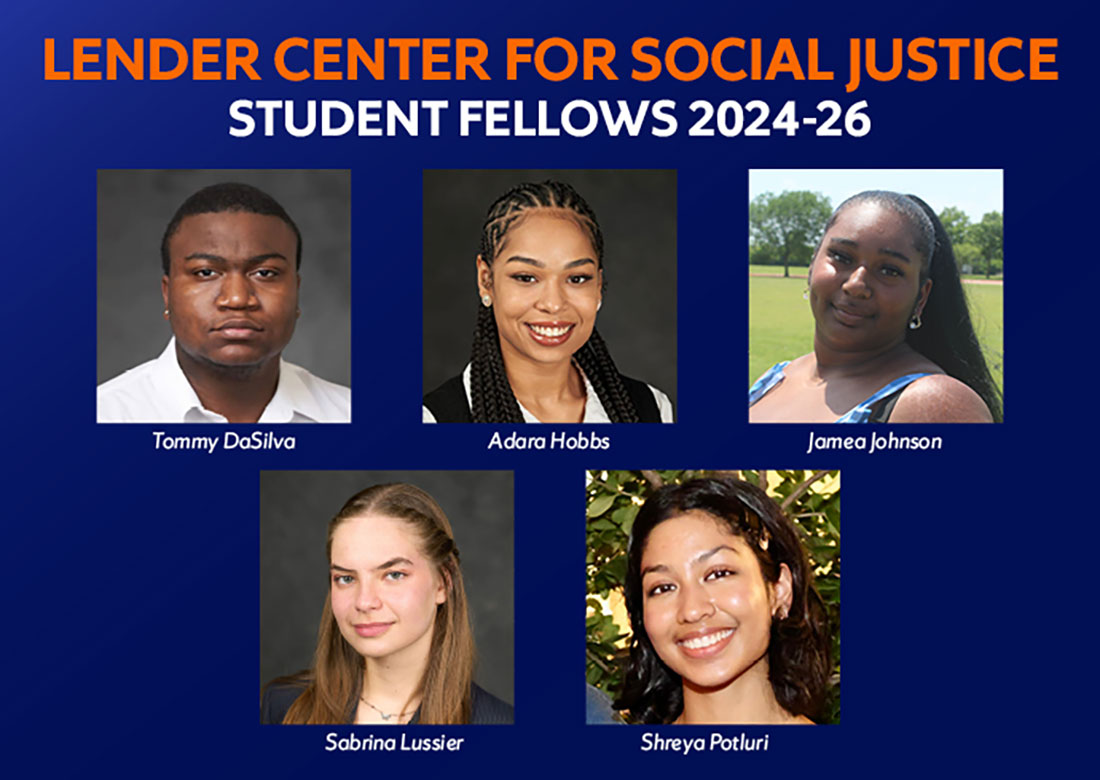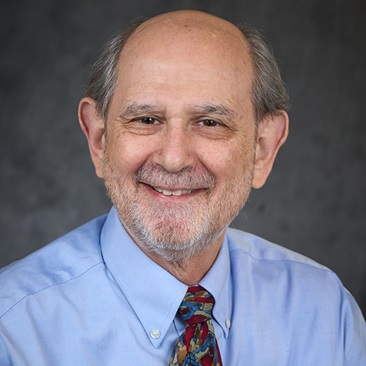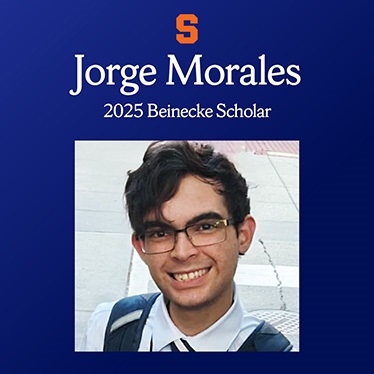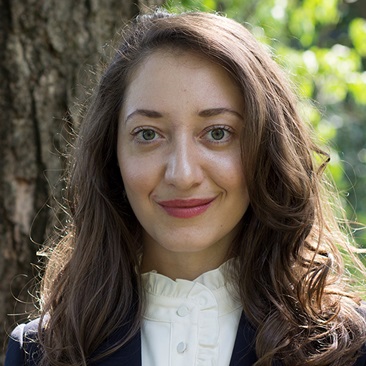
Social Justice and Public Health: Lender Center Student Fellows
November 7, 2024
SU News

Five students will soon begin a two-year research project examining the potential social justice and public health impacts of living in neighborhoods that have experienced the historical discriminatory practice of redlining. That is a practice where, for decades, financial institutions designated certain neighborhoods—primarily Black ones—as poor credit risks, making it difficult for residents there to own homes or improve their properties.
The students, recently named 2024-26 Lender Center for Social Justice student fellows, will work with Miriam Mutambudzi, assistant professor of public health, who is the 2024-26 Lender Center faculty fellow. They are:
- Tomiwa “Tommy” DaSilv ’26, majoring in public health, policy studies, and citizenship and civic engagement
- Adara “Darla” Hobbs ’22 G ‘26, a graduate student in Pan African studies in the College of Arts and Sciences (A&S)
- Jamea Johnson ’25, a psychology major in A&S
- Sabrina Lussier ’26, a triple major in geography, citizenship and civic engagement, and environmental sustainability and policy
- Shreya Potluri ’27, an architecture major in the School of Architecture
DaSilva, from Newark, Delaware, is interested in promoting health equity through health promotion policies and community-based practices. On campus, he has been involved in the Student Association of Public Health Education and Connect 315. In the community, DaSilva has interned with the YWCA of Syracuse and Onondaga County, ACR Health and the City of Syracuse Department of Neighborhood and Business Development.

Mutambudzi’s project examines how Black adults who reside in what have been historically redlined neighborhoods can experience a disadvantaged occupational life course and subsequent health consequences. She says that while redlining began in the 1930s, it has resulted in decades of urban decay and poverty for those neighborhoods that has left a legacy of social and economic disadvantage that continues today.
In addition to Mutambudzi’s role as an assistant professor of public health, she is also a faculty affiliate of the Center for Aging and Policy Studies, Aging Studies Institute and Lerner Center for Public Health Promotion and Population Health at the Maxwell School.
Read the full story via the Syracuse University News website.
By Diane Stirling
Related News
School News

Jul 14, 2025
School News

Jul 11, 2025
School News

Jul 3, 2025
School News

Jun 24, 2025